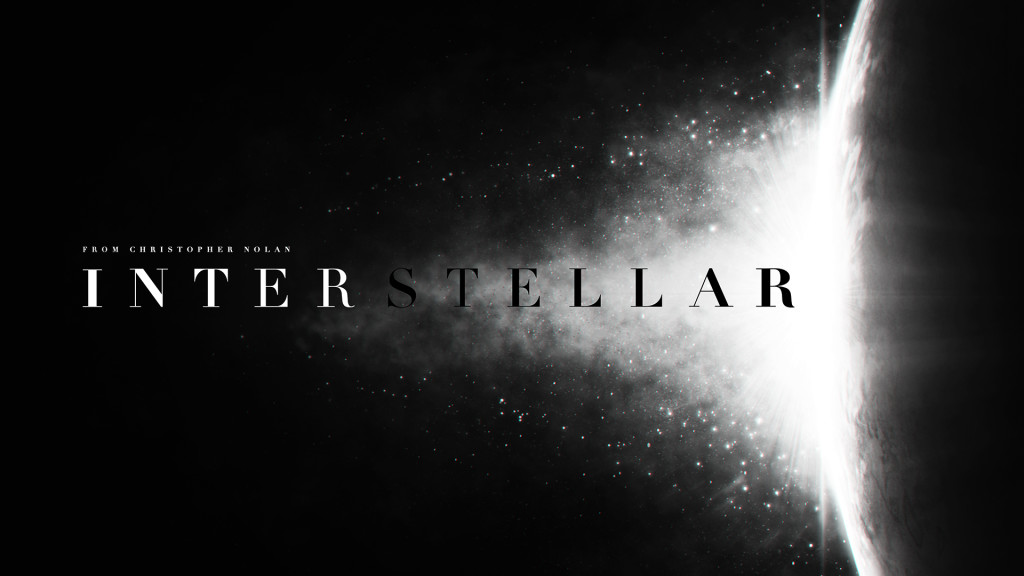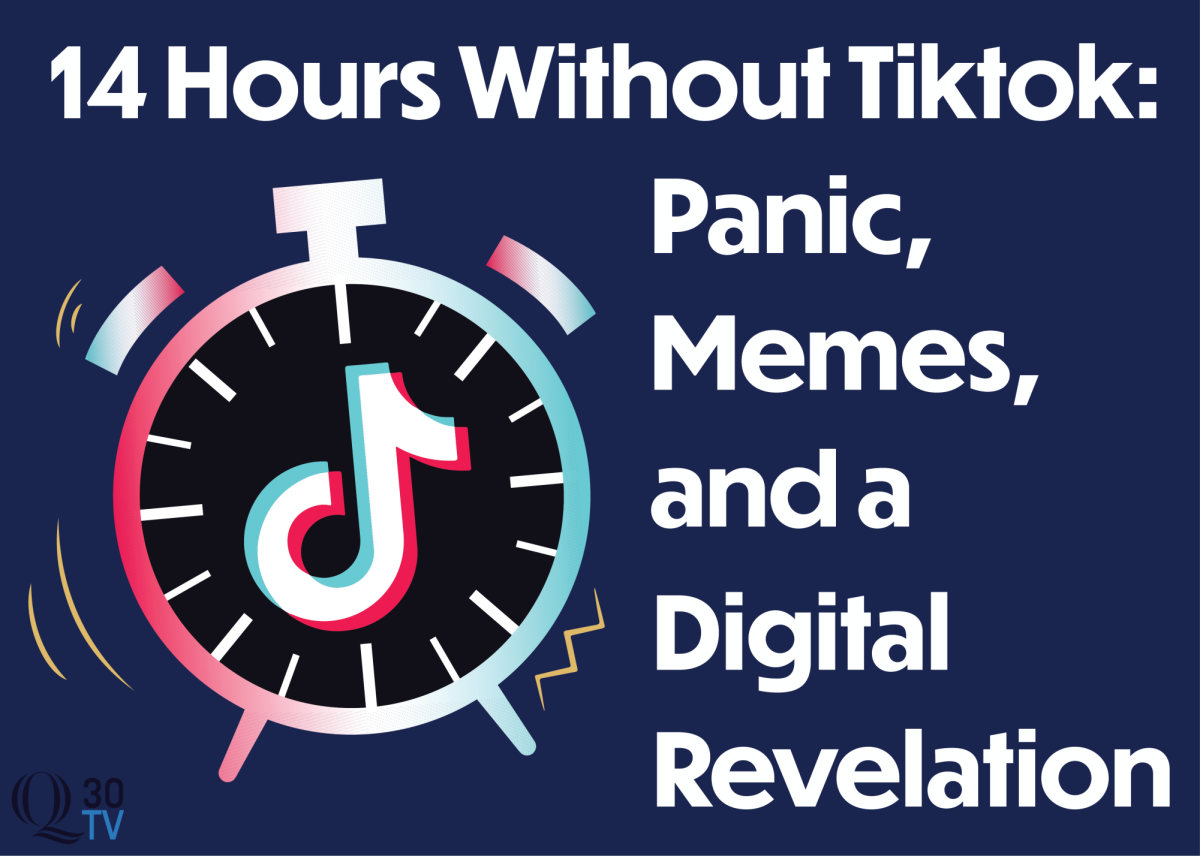Photo courtesy of Legendary Pictures
By Declan Powers
There are plenty of movies with space as the locale, from Apollo 13 to Gravity, and yet the scenery isn’t what’s most memorable or moving within the collective memory of its audience. No, what really sticks with an audience is how it makes them feel. This is best accomplished when a movie, whether a space opera or any other genre, has a clear and compelling theme. Apollo 13 tells the story of how far a few people can go to achieve greatness and change the world and our knowledge of what’s beyond it, a testament to the will of the human spirit. Gravity tells the story of survival against all odds, endurance in times of excruciating difficulty, and the importance and sanctity of life, even amidst tragedy. Interstellar tells the story of how long you can endure a 165-minute vanity project before you’re bored out of your mind.
Interstellar starts off with a really original premise. In the not-too-distant future, the world’s resources are running scarce. Farming and agriculture have been treated with a higher level of importance than space exploration, to the point where children have been taught that the moon landing was faked. However, one engineer named Cooper, played by Matthew McConaughey, is willing to make the sacrifice of traveling through a wormhole to another galaxy in order to provide a new home for civilization, without certainty of where it will even lead him to.
And yet, while this premise showed significant promise, its potential is quickly extinguished by a gross overabundance of expository dialog, made worse by characters who appear and disappear without ever being fully developed, of which we have no reason to feel any attachment for. Instead of learning about the story and plot through the actions the protagonists take, it’s verbally explained to us instead. For all the special effects and spectacle that director Christopher Nolan shoves on screen, the film is almost completely devoid of humanity.

Almost every single scene is twice as long as it needs to be. An action will take place, a character will react and respond to it, and closure is introduced that would bring us to the next moment in time. But instead of making its point and moving on, the same cause-and-effect scenario is repeated a second time in the exact same way. The film’s runtime could have been split in half and still say everything that needed to be said without any significant difference. Instead of exercising brevity, Nolan decides to needlessly waste our time.
Interstellar does provide a handful of moments in which its actors do have a chance to shine, though. Matthew McConaughey’s performance is consistently good, and there were instances that were genuinely emotional. The movie establishes that time in the new galaxy and planets that are inhabited operates differently than time on Earth. When Cooper finally receives a video message from his young daughter, whom he promised to return to, she is now an adult with a more mature range of feelings, but still remains in resentment towards her father, feeling that he abandoned her without a clear knowledge that he’d ever return. McConaughey breaks down at the sight of her and gives a very moving and compelling performance of what it would really be like for a parent in that situation, a situation made even more compelling in the fact that it had never been done in a film in quite the same way before. But Interstellar needed way more moments like this, scenes that are emotionally charged and relatable. They’re simply too few and far between to legitimately care about what’s happening throughout.
The overall visual style and clarity is inconsistent too. While the second half of the film is constructed very beautifully, the first looks like it was shot on an early 2000s camcorder. And even with good lighting and pretty imagery, the actual camerawork and overall direction is largely dull and uninspired.
If you’re looking for a movie with dazzling special effects and eye candy, Interstellar succeeds with flying colors. If you’re looking for a movie with substance and characters you can empathize with on a significant emotional level, you should look somewhere else.
Final Grade: C










